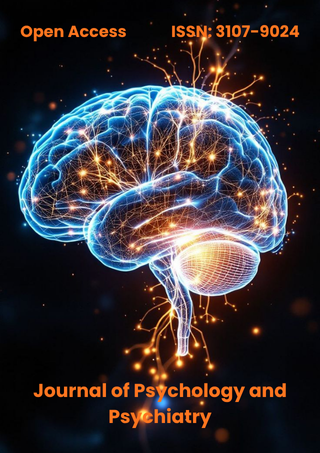Anxiety Disorders
Anxiety disorders are among the most common mental health conditions, characterized by excessive fear, worry, and behavioral disturbances that interfere with daily functioning. These disorders include generalized anxiety disorder (GAD), panic disorder, social anxiety disorder, specific phobias, and separation anxiety, each presenting with distinct but overlapping symptoms. While occasional anxiety is a normal response to stress, chronic and disproportionate anxiety can significantly impair quality of life. Anxiety disorders are caused by a complex interaction of environmental, psychological, neurobiological, and hereditary variables. Cognitive-behavioral therapy (CBT), pharmacological treatments such as selective serotonin reuptake inhibitors (SSRIs), and mindfulness-based interventions have shown strong efficacy in managing symptoms. Early identification and intervention are critical for reducing long-term impairment and promoting recovery. As understanding of anxiety disorders deepens, ongoing research continues to refine treatment approaches and improve mental health outcomes worldwide.
Article Processing Timeline
| 2-5 Days | Initial Quality & Plagiarism Check |
| 15 Days |
Peer Review Feedback |
| 85% | Acceptance Rate (after peer review) |
| 30-45 Days | Total article processing time |
Indexed In
ResearchBib
Sindexs
OAJI
DOAJ
CrossRef
PubMed
MEDLINE
EBSCO A-Z / Host
OCLC - WorldCat
Journal Flyer


